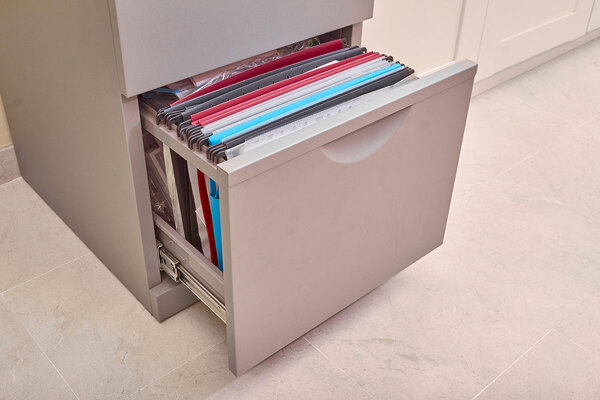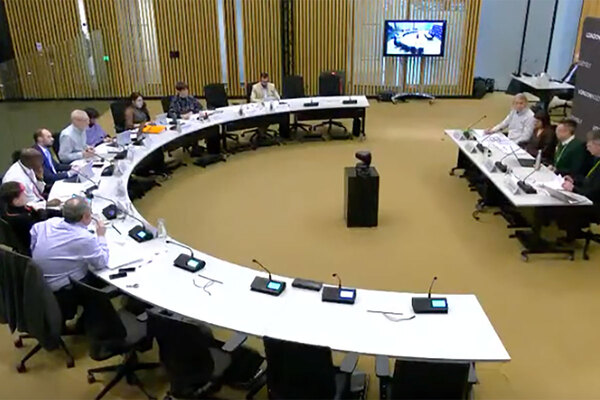Sector watchdog reports 100% increase in determined cases for social housing residents
The Housing Ombudsman has reported a 100% increase in the number of case determinations for social housing residents in its latest annual report.

The sector watchdog’s 2023-24 annual report and accounts revealed the increase in its determinations as it reported the delivery of 600 formal investigations per month.
This monthly figure marked a 60% increase on the previous 12 months, and 85% of those investigations were upheld. Annually, this amounted to a 107% increase in the number of investigations completed.
In his foreword, Richard Blakeway, the housing ombudsman, said: “These higher volumes reflect the experience of many landlords too, as we embed the Complaint Handling Code and access to complaint procedures improves.
“With independent analysis suggesting that landlords may still be underreporting complaints, these higher volumes are likely to be the new normal in the medium term.”
Alongside this, its enquiries and complaints service, which offers support pre-investigation, handled over what the watchdog described as “an astonishing” 40,000 cases.
The top three areas of complaint were repairs, complaint-handling and tenant behaviour. During the year it also made 22,000 orders and recommendations, a 234% increase on 6,575 in 2022-23.
Mr Blakeway explained that not only is the ombudsman making more decisions, but its investigations are also becoming more complex.
He said: “More decisions are being upheld, with a maladministration rate of 73%, significantly higher than the preceding year.”
As a result, £5m in compensation was awarded in 2023-24. This increase was primarily because the ombudsman has based the compensation on a proportion of the rent charged over a prolonged period of disrepair.
Mr Blakeway said: “It is clear from the often very low amounts of compensation offered by landlords that more work is needed in the sector on fair redress.”
The ombudsman stressed the importance of “raising awareness of complaints and residents’ rights”. This outreach work saw contact made with 6,000 residents in every region at ‘town hall’ style forums.
Elsewhere, the annual accounts also highlighted its spotlight reports over the past 12 months, one of which has found how poor data and record-keeping is “ubiquitous” in the sector and causing daily detriment to residents.
Another report called for a royal commission to “create a long-term plan for social housing” after finding that current approaches in the sector are “not working” for vulnerable residents.
The watchdog has used the themes from this work to provide insight through its Centre for Learning, which now has 1,773 individual members of staff from 504 landlords, and a further 523 contractors, residents and stakeholders registered with the centre.
It also highlighted its inaugural Member Responsible for Complaints conference, which was described as “another important opportunity to promote learning and a positive complaints culture from the top”.
Mr Blakeway added: “Embedding that culture will be vital to create the next new normal – fewer cases being upheld by the ombudsman, fewer cases being referred to us, fewer residents having to raise complaints because of service failings.
“And not because issues are being driven underground or residents do not value the difference complaints can make, but because landlord services and trust has improved.
“Most landlords experiencing higher volumes of complaints will not have reached that tipping point yet. But our collective efforts are focused on that becoming another new normal by the end of this decade.
“As we develop our role – from our powers to our jurisdiction, including the potential to provide redress in the private rented sector – supporting landlords to achieve this goal will secure decent homes and better services for another generation.
“What I know is that my colleagues, who have worked tirelessly during the year to make a difference, will continue to do whatever they can to achieve that vision and I thank them for their exceptional commitment.”
The Housing Ombudsman plans to release its first good practice guidance later this year, which will focus on restoring landlord-tenant relationships that have broken down.
Sign up for our regulation and legal newsletter
Already have an account? Click here to manage your newsletters











